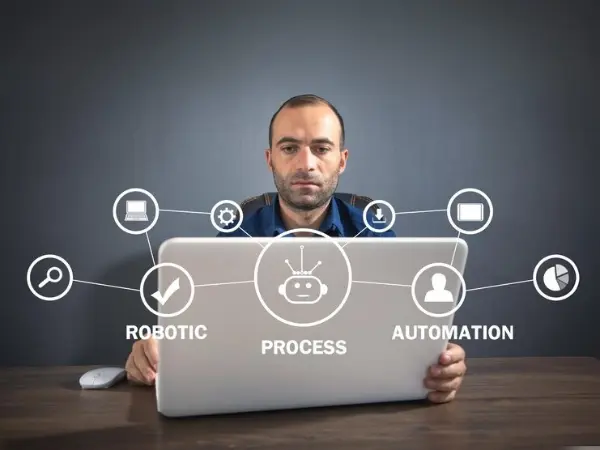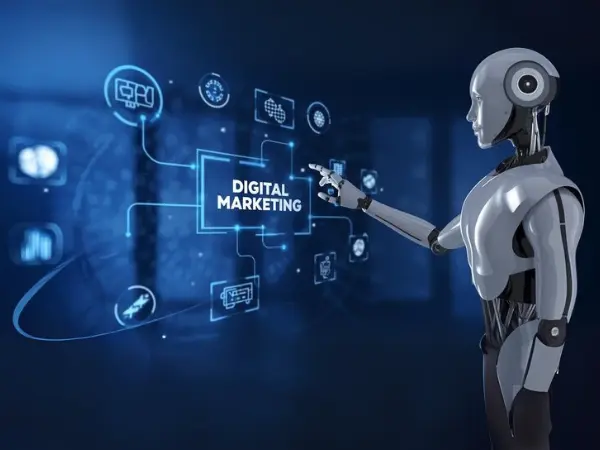Artificial Intelligence (AI) is reshaping product development and is no longer just a futuristic concept; it is actively transforming the way products are designed, developed, and launched in today’s fast-paced market. For startups, investors, and innovators, understanding the impact of AI on product development is critical to success. At Turing Factory, a leading startup studio focused on investing in and growing AI-driven companies, we witness firsthand how AI accelerates innovation, improves efficiency, and drives business growth.
In this comprehensive article, we will explore how AI is transforming product development. We will cover key trends, challenges, and strategies, with special attention to the startup and investment ecosystem, providing actionable insights for AI entrepreneurs and investors alike.
Why AI Matters in Product Innovation
AI Enhances Speed and Efficiency in Development
One of the primary reasons AI is revolutionizing product development is its ability to dramatically increase speed and efficiency. Traditional product development involves numerous manual processes such as data analysis, design iteration, and quality testing. AI automates many of these through machine learning algorithms that analyze vast amounts of data in real time.
For example, AI can process user feedback and usage data quickly to identify product weaknesses or feature preferences, enabling developers to iterate faster and make smarter decisions. At Turing Factory, we use AI-enhanced analytics to accelerate product-market fit for our AI startups, helping them reduce time-to-market by up to 30%.

Improved Customer-Centric Design Through AI
AI technologies such as natural language processing (NLP) and computer vision enable companies to better understand consumer needs. AI-driven tools analyze customer conversations, sentiment, and behavior to reveal hidden preferences. This allows startups to create highly personalized products that resonate with target markets.
This shift towards customer-centric design, powered by AI, is critical for startups seeking investment, as venture capitalists prioritize products that meet clear and evolving user demands.
How AI Improves Startup Product Development
AI Enables Rapid Prototyping and Iteration
Startups often face pressure to build and test products quickly to compete in crowded markets. AI accelerates this process by automating prototype creation and testing. Generative AI models, for instance, can design product concepts or generate code snippets, dramatically cutting down development cycles.
At Turing Factory, our in-house AI development team works closely with portfolio startups to implement AI-powered prototyping tools, enabling multiple iterations within shorter timeframes and increasing chances of success in funding rounds.
Personalized User Experiences
AI-powered products can tailor experiences to individual users dynamically, using data from their past interactions. This personalization boosts user engagement, retention, and ultimately product success. Startups that embed AI-driven customization in their products tend to achieve higher valuations and attract more significant investments.
Predictive Analytics to Anticipate Market Trends
Startups leveraging AI can use predictive analytics to anticipate customer needs and emerging market trends. By analyzing historical and real-time data, AI models provide foresight into product demand fluctuations, enabling proactive adjustments in features or production scaling.

Challenges in AI-Driven Product Development
Scarcity of Specialized Talent
One significant hurdle in AI product development is finding and retaining skilled AI engineers and data scientists. These specialists are in high demand and often difficult for startups to attract due to resource limitations.
Turing Factory combats this by maintaining an expert in-house technical team that supports startups, providing shared access to top talent which reduces recruiting burden and accelerates technical progress.
Managing Complex Data Infrastructure
AI models require large volumes of clean, high-quality data, supported by robust infrastructure for efficient processing. Setting up and maintaining such systems can be costly and complex, especially for early-stage startups.
Ethical Considerations and AI Transparency
Investors and regulators increasingly emphasize ethical AI use, transparency, and data privacy. Startups must implement responsible AI practices, such as bias mitigation and explainability, to satisfy stakeholders and build trust in their products.
The Role of Startup Studios in AI Investment and Development
Combining Investment and Hands-on Development
Unlike traditional venture capital firms, startup studios like Turing Factory provide both funding and active product development support. This hybrid model ensures that startups receive not only capital but also technical mentorship, development resources, and strategic guidance.
This hands-on involvement helps startups effectively navigate challenges unique to AI product development, improving survival and growth rates.
Accelerating Time-to-Market Through Shared Resources
By pooling resources such as AI tools, development platforms, and expertise across multiple startups, Turing Factory enables faster product iterations and market launches. This collective ecosystem benefits investors by reducing risk and increasing potential returns.
Conclusion: The Future of AI in Product Development and Investment
Artificial Intelligence is fundamentally changing how products are developed by increasing speed, improving customer focus, and enabling advanced data-driven capabilities. For startups and investors, embracing AI-driven product development is essential to remain competitive in 2025 and beyond.
Turing Factory remains dedicated to supporting AI innovation by investing in promising startups and providing hands-on technical expertise. Together, we are shaping the future of AI-powered products and creating new opportunities for growth and positive impact.
